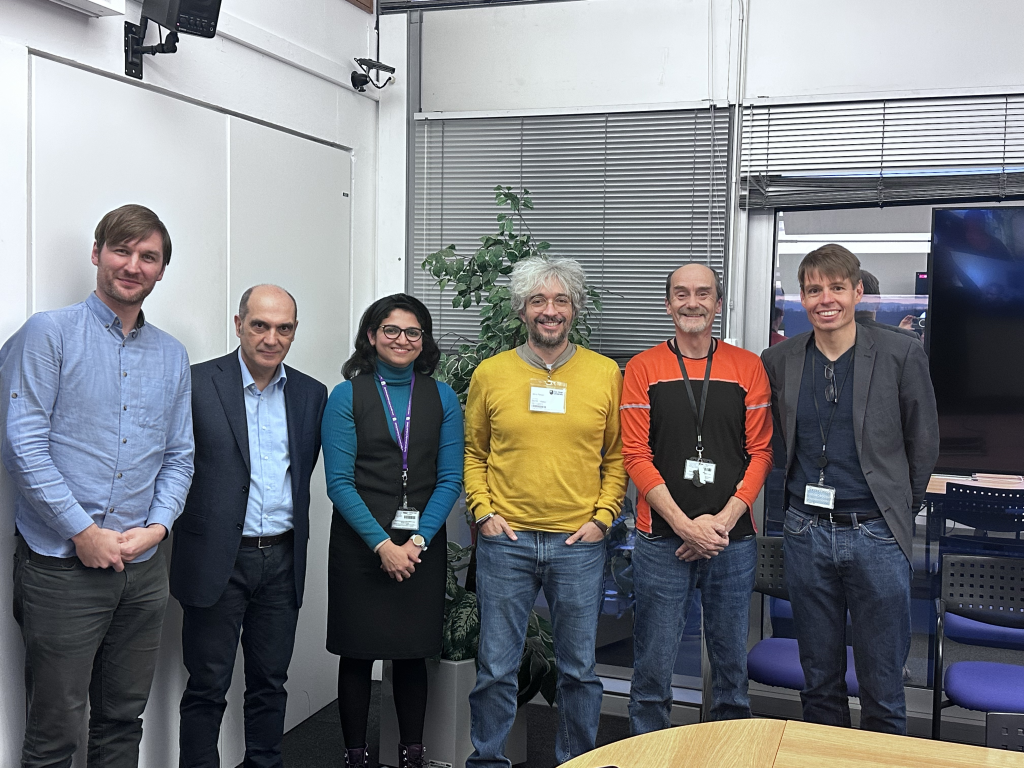For a data provider, being indexed by CORE is a straightforward process as indexing is done via OAI-PMH which is a standard protocol for repository interoperability. Most common repository platforms such as EPrints, DSpace or Open Journal Systems (OJS) support OAI-PMH. There are however several additional stages that can be undertaken to ensure the repository is best configured to enable CORE to index the repository’s content to maximum effect.
In an ongoing effort to help our Data Providers, CORE has introduced a detailed new guide that provides a wealth of information for repository managers and others. The new guide covers everything including how the repository should be configured for OAI-PMH. It is, sadly, a fairly common problem that the OAI-PMH endpoint of a repository is misconfigured or not functional. This can occur even when other functionalities of the repository appear to be working without issues. This has a huge impact on how visible the repository is to the outside world, and subsequent ramifications for the discoverability of its content.

